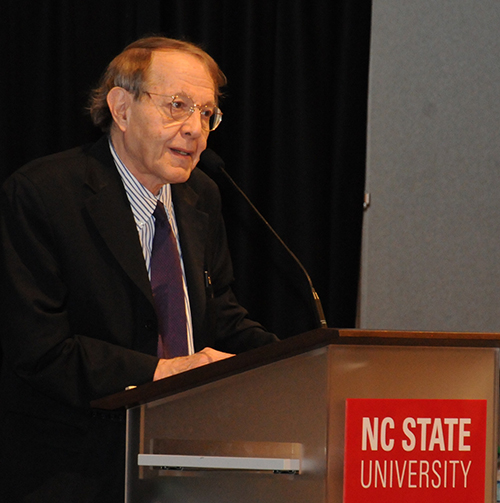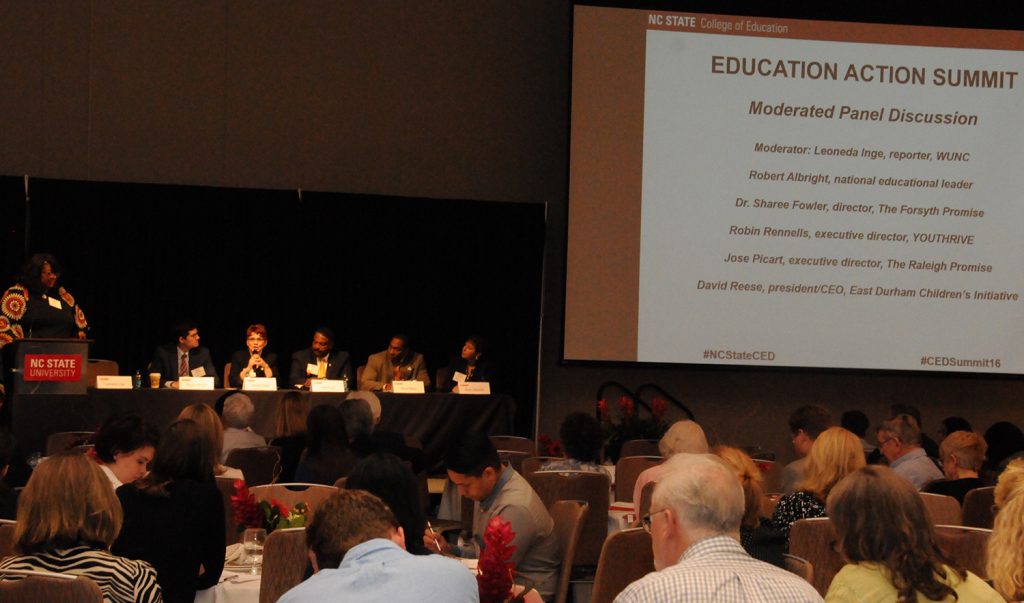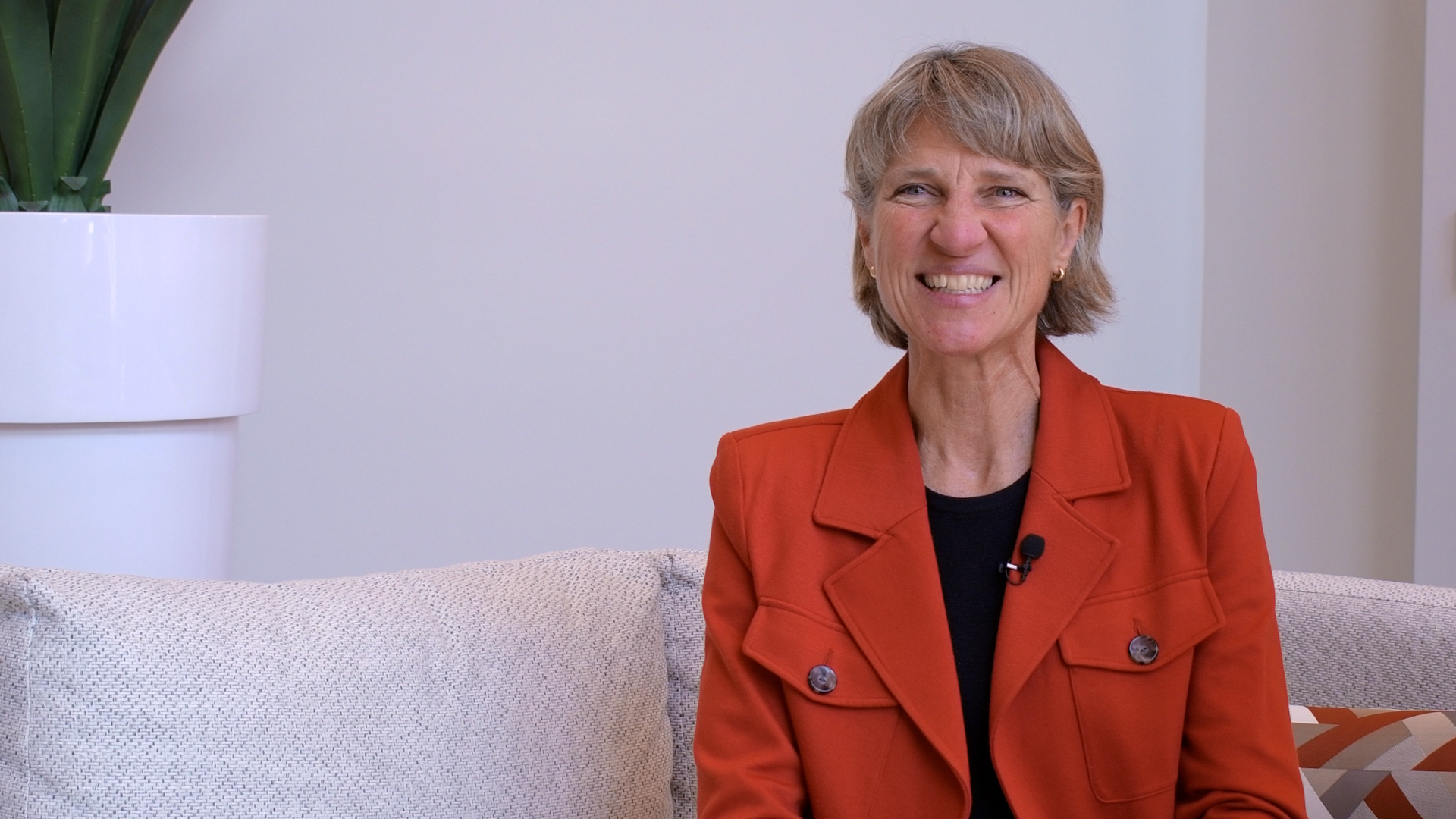Education In Action

 Ending poverty begins with improving education, nationally renowned scholar Jonathan Kozol said in an address at the inaugural Education Action Summit on April 28.
Ending poverty begins with improving education, nationally renowned scholar Jonathan Kozol said in an address at the inaugural Education Action Summit on April 28.
Kozol noted those improvements should start as early as possible.
“In view of what we know of cognitive development, the denial of preschool opportunities is one of the greatest injustices we can inflict on young children,” said Kozol.
“Disrupting Poverty: Initiating Collective Impact in Education” engaged community partners on collective impact strategies to disrupt poverty in communities across North Carolina.
Collective impact provides a model of social action for deep and systemic change. It’ collaboration among institutions and community leaders to combat poverty through support for education.
Part of this change comes through partnerships advocating for early childhood education, especially for children whose parents cannot afford traditional preschool.
Kozol, who has worked in inner-city schools for more than 40 years, highlighted the inequalities facing children who live in poverty. The solution, he said, involves well-prepared teachers who can stand up to brutal attitudes toward children.
Robert Albright, associate director of the Collective Impact Forum, along with a panel of community nonprofit leaders, showcased how local organizations are taking action on Kozol’s views.
 Representatives from The Forsyth Promise, YOUTHRIVE, The Raleigh Promise and the East Durham Children’s Initiative discussed putting collective impact into practice. By working to ensure educational equity for all children, they showcased how collaboration can alleviate poverty across the state.
Representatives from The Forsyth Promise, YOUTHRIVE, The Raleigh Promise and the East Durham Children’s Initiative discussed putting collective impact into practice. By working to ensure educational equity for all children, they showcased how collaboration can alleviate poverty across the state.
Breakout sessions gave attendees the opportunity to engage in collective impact by brainstorming initiatives with community, education, business and government leaders. These sessions covered administrative and leadership roles; developing an educational culture that embraces science, technology, engineering and math (STEM); disparity in school discipline; early childhood education; implicit bias and supporting the family.
Participants in the implicit bias session discussed how attitudes toward students living in poverty impacted those students’ chances for educational success. Poor students often go without support for pursuing a college education due to a perceived lack of academic ability.
“Intentionally addressing implicit bias is an educational necessity to help all students achieve.Not doing so furthers systemic oppression, which devalues and marginalizes groups of students and undermines potential,” said Marc A. Grimmett, associate professor of counselor education.
Changing biases in education and tackling poverty will demand a commitment to collective impact from educational institutions, individuals and community leaders. The summit provided a strong starting point for collective impact action, noted Dean Mary Ann Danowitz.
“We’ve embraced the vision of being an educational leader, of increasing student success and closing the achievement gap in North Carolina,” she said. “To break the cycle of poverty, it is education that gives us the best hope for the future.
- Categories:


